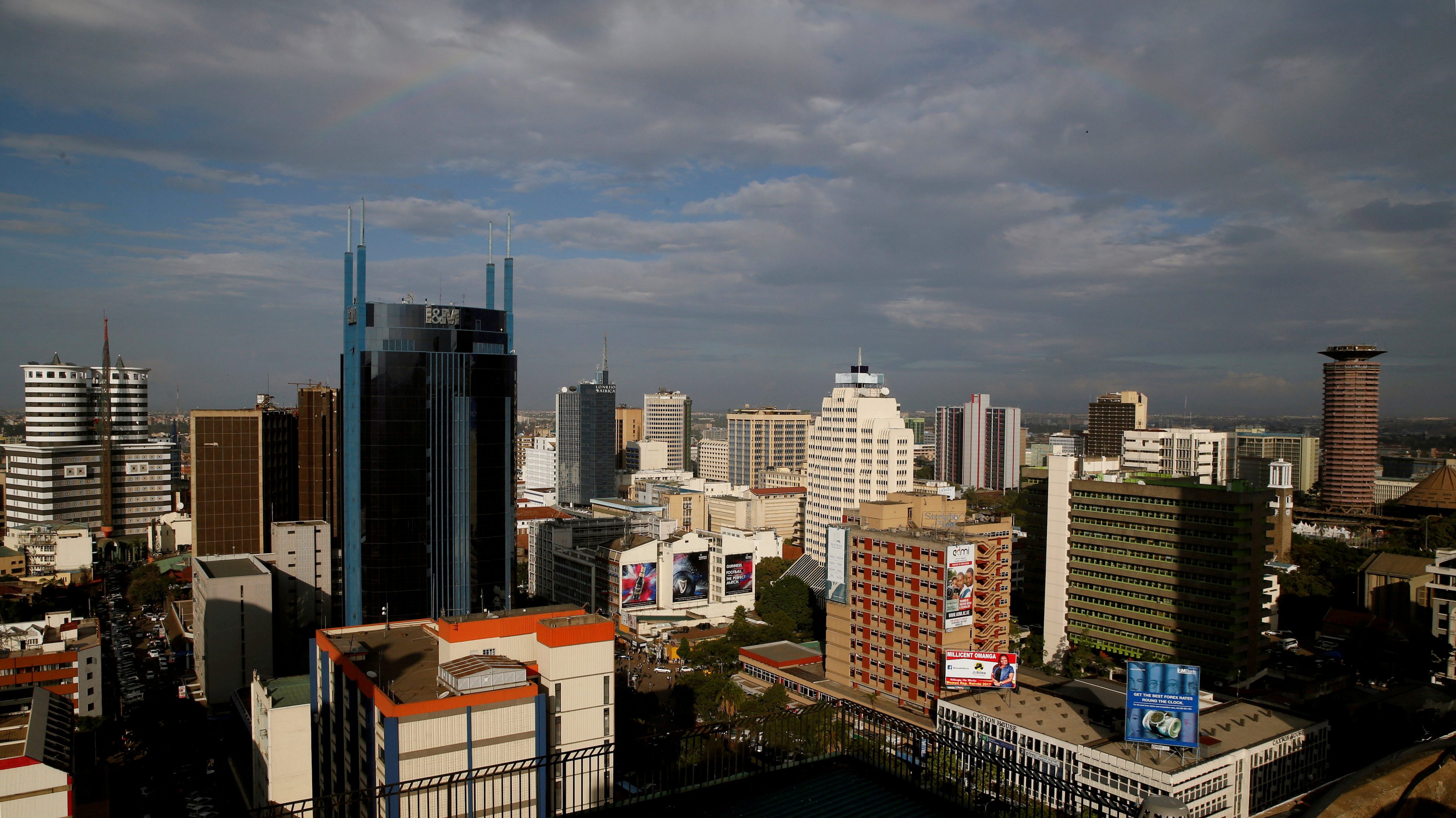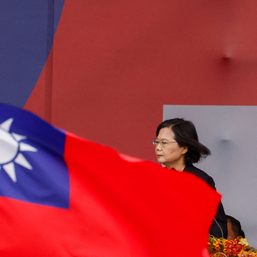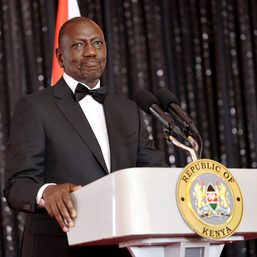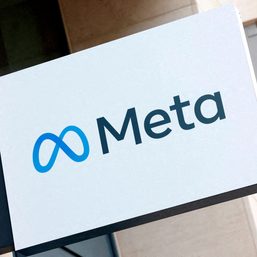SUMMARY
This is AI generated summarization, which may have errors. For context, always refer to the full article.

Kenya has secured a debt repayment moratorium from China which will save it 27 billion shillings ($245.23 million) in the period to June, its finance minister said on Wednesday, January 20.
The East African nation won a debt repayments relief agreement with the Paris Club of international lenders last week, and is looking for deals with non-Paris Club bilateral creditors like China.
China is one of the country’s biggest foreign creditors, having lent it billions of dollars to build rail lines, roads, and other infrastructure projects in the past decade.
Ukur Yatani, the finance minister, said the deal had already been clinched, although China said on Monday, January 18, it stood ready to help Kenya with debt, without offering more details.
“We are now not going to pay immediately, but we are going to pay in the future,” Yatani said in an interview with privately-owned Spice FM radio station, referring to the figure of 27 billion shillings which was falling due.
The impact of the COVID-19 pandemic has battered Kenya’s tax revenue collection at a time when more of its debts are falling due and as it is still grappling with gaping fiscal deficits.
China had signed debt service suspension agreements with 12 African countries and provided waivers of matured interest-free loan for 15 African countries under the G20 debt service suspension initiative, its Nairobi embassy said on Monday.
Kenya’s total debt jumped to 65.6% of gross domestic product in June 2020 from 62.4% a year earlier, the World Bank said in November. – Rappler.com
Add a comment
How does this make you feel?










There are no comments yet. Add your comment to start the conversation.